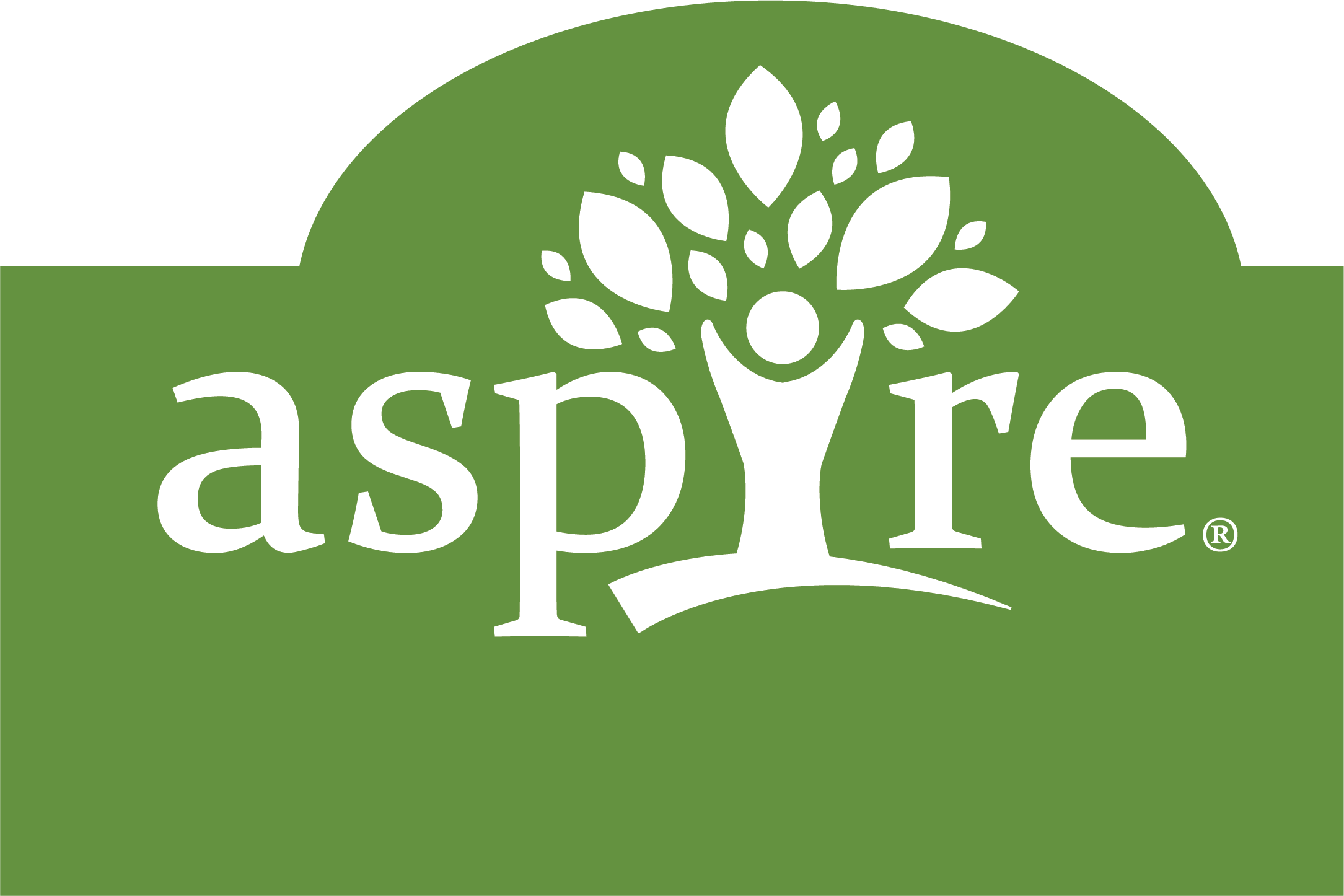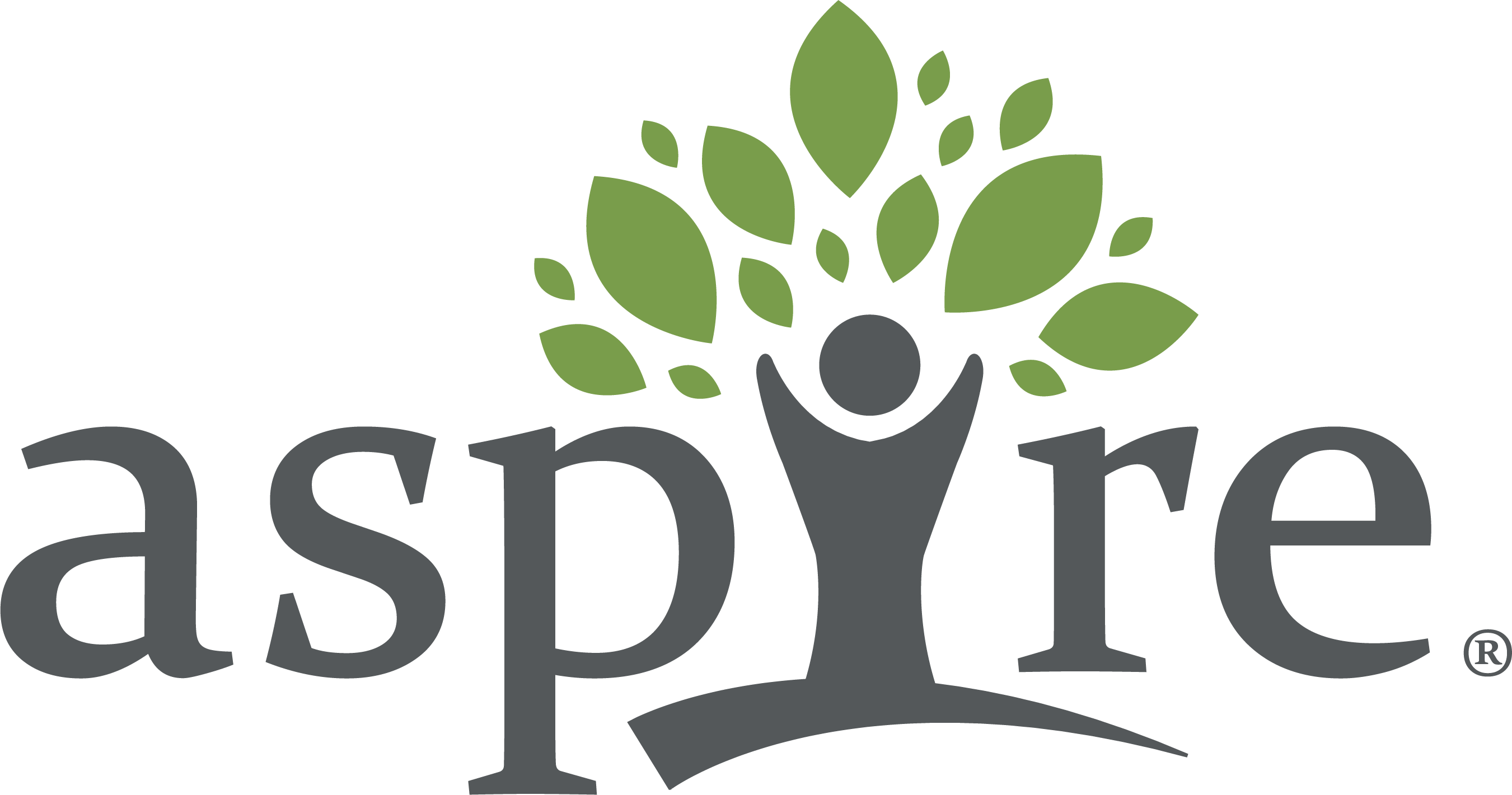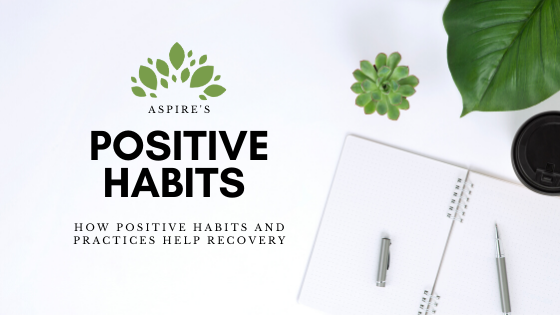As humans, we are creatures of habit. We all have the same physical needs- to eat, to sleep, etc. However, our habits develop differently based on our actions. The actions we take on a daily basis become habits, and those habits become ingrained. Our brains allow us to function on habit so that we can think about other things while we fulfill our basic needs.
The Massachusetts Institute of Technology conducted an experiment by monitoring people with “black boxes” that recorded their actions, body language, and even tone of voice. The results showed that 90 percent of the actions people do each day are so routine that they can be predicted with just a few mathematical equations. Think about things you do every day, and how routine those habits become, making breakfast, driving to work, places you go and even where you sit when you get there. We all tend to get into our comfort zone in our actions and habits and to try to get out of that comfort zone becomes scary and difficult.
Habits become rote, in other words they become so repetitious we don’t have to think about them, we just do them, again and again. This is positive when it is good habits, such as cleaning up after ourselves, being polite to others by saying please and thank you, etc. Other habits are not so positive, such as throwing your dirty laundry all over the floor, smoking, drinking, and drug use.
Trying to break habits, no matter what they are, is extremely difficult, because the brain has become ingrained and trained to repeat those habits. The best way to train the brain to overcome bad habits is by creating new good habits to help prevent those bad ones. Reminding yourself to place the clothes in the hamper every time you change and doing that repeatedly will result in a habit of always using the hamper. The same process works for smoking, drinking, and drug use.
The addictive component of smoking, drinking, and drug use makes these habits much more difficult to change, but it is still important and necessary to retrain the brain to break the habits that come with these addictive tendencies. Replacing habits that encourage alcohol or drug use, such as replacing stopping at the bar on the way home from work with stopping at the gym and working out, will help to prevent the bad habits. Benjamin Franklin said, “It is easier to prevent bad habits than to break them.” Focusing on creating new habits that help “prevent” alcohol and drug use will help in your recovery. Here are some positive habits that can help:
Physical Exercise
Physical exercise produces dopamine “feel good chemical” in the brain, increases blood flow, and makes us healthier. People who regularly exercise experience less anxiety and depression and are more self-confident. Developing a habit of physical exercise, going to the gym, walking or running, yoga at home, or any form of physical activity, is one of the most positive habits you can develop.
Eating Healthy
During the beginning stages of recovery, the brain craves alcohol and drugs, and cannot tell the difference between that and hunger cravings. Eating a good healthy diet can help to re-train the brain. Your body will also need the energy for physical exercise and will get it from a properly balanced diet. Staying hydrated is also crucial, so drinking water and replenishing electrolytes are also very important.
Engaging with Others
It is extremely important to develop a support system to help with your recovery. Have someone that you can reach out to for help keeping you accountable. Have someone you can engage with in physical activities to help keep you busy. Have someone you can contact to just hang out with you when you need to refocus your thoughts. Just be sure to engage with others.
Staying Active
The key to developing habits is repetition. Be sure to do positive things you enjoy doing that you will want to do again. Develop new hobbies or pick up old ones you have left behind. Activities such as joining a team or club that stimulate you mentally and/or physically have the bonus of including the previously mentioned habits of physical exercise and engaging with others.
Support Others in Recovery
One of the most rewarding parts of recovery is in helping others with the process. It will help you to increase your self-esteem. It gives you a stronger perception of the process that you have already gone through and will help you to maintain your own recovery. Volunteer for local charities or just speak up in group sessions but sharing your journey can be helpful to others while helping yourself.
Wayne Gretzky said, “No matter who you are, we’re creatures of habit. The better your habits are, the better they will be in pressure situations.” If you develop strong positive habits and practices, when you are in those pressure situations where you are struggling, those positive habits will help you through.
Aspire Counseling Center can provide you with guidance in developing those new positive habits. Their group therapy sessions can offer you a place to learn and share to support each other through the process. Contact Aspire Counseling Center today to speak with a drug and alcohol addiction counselor to help you through the recovery process.

Planting Seeds, Saving Lives
Copyright © 2024 Aspire Counseling Services® | Privacy Practices | Powered & Designed by Citryn, LLC

Planting Seeds, Saving Lives.
Available 24/7 (888) 585-7373
FOLLOW US ON SOCIAL MEDIA
MENU
HOME
OUR SERVICES
LOCATIONS
STAFF
ABOUT ACS
BLOGS
RESOURCES
CONTACT US
LOCATIONS
ARROYO GRANDE
ACS BAKERSFIELD
ABH BAKERSFIELD
FRESNO
SIMI VALLEY
Privacy Practices
Copyright © 2020 Aspire Counseling Services®
Powered & Designed by Citryn, LLC

